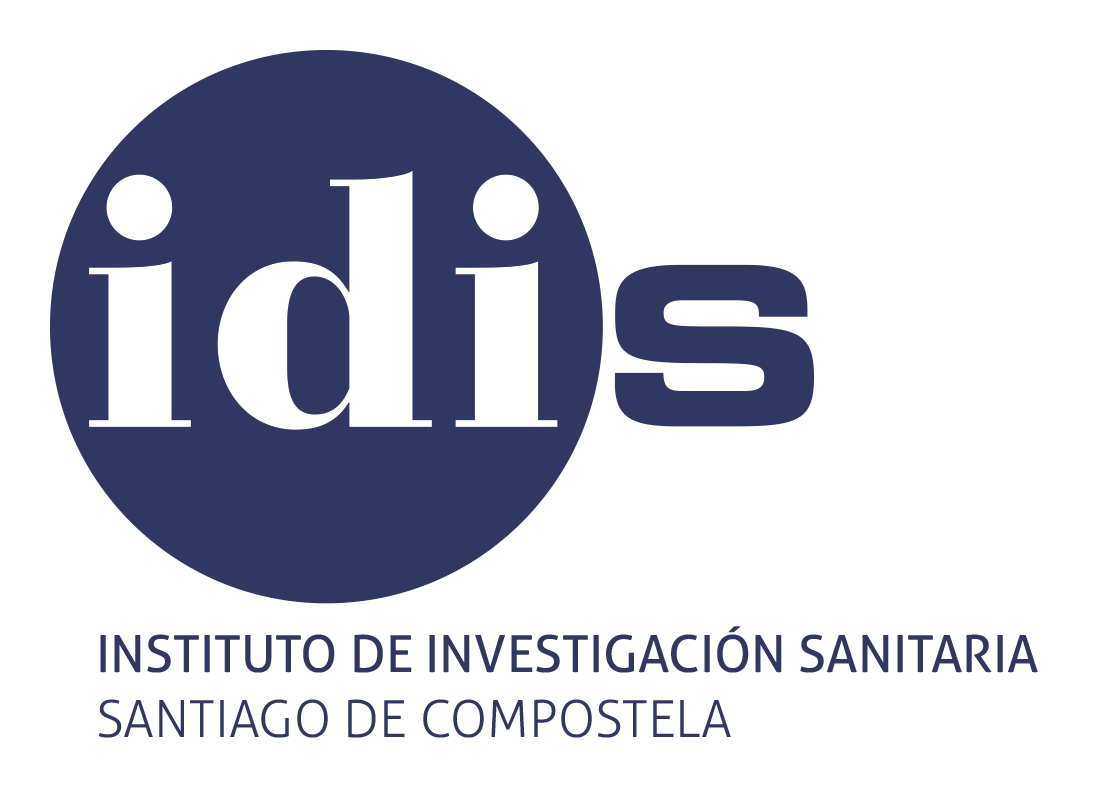Objectives and lines of research
Objectives
- Study of the pathogenesis, epidemiology and microbiological diagnosis of E. coli that cause infections in humans and animals. STEC/VTEC, ETEC, EPEC, EIEC, EAggEC, AEEC, AIEC, ExPEC
- Determination of pathogenesis mechanisms and development of diagnostic techniques and molecular typing of verotoxigenic E. coli (VTEC/STEC) O104:H4, O157:H7, O26:H11, O103:H2, O111:H8, O121:H19, O145 :H- and other serotypes. Detection in clinical samples and food.
- Development of analytical methods for the detection of STEC/VTEC and other categories of diarrheagenic E. coli in clinical samples and food (meat, dairy and vegetable products). Detection of STEC/VTEC O104:H4, O157:H7 and other serotypes by conventional and real-time PCR.
- Determination of serotypes, virulence genes, and molecular typing of extraintestinal pathogenic E. coli (ExPEC) that cause urinary tract infections, sepsis, and meningitis in humans.
- Establishment of the serotypes, virulence genes and molecular typing of E. coli producers of extended-spectrum beta-lactamases (ESBLs).
- Characterization of the emerging intercontinental clone O25:H4-ST131 producer of CTX-M-15 and detection and identification of new emerging clones.
- Development of vaccines against E. coli that cause infections in humans and animals.

